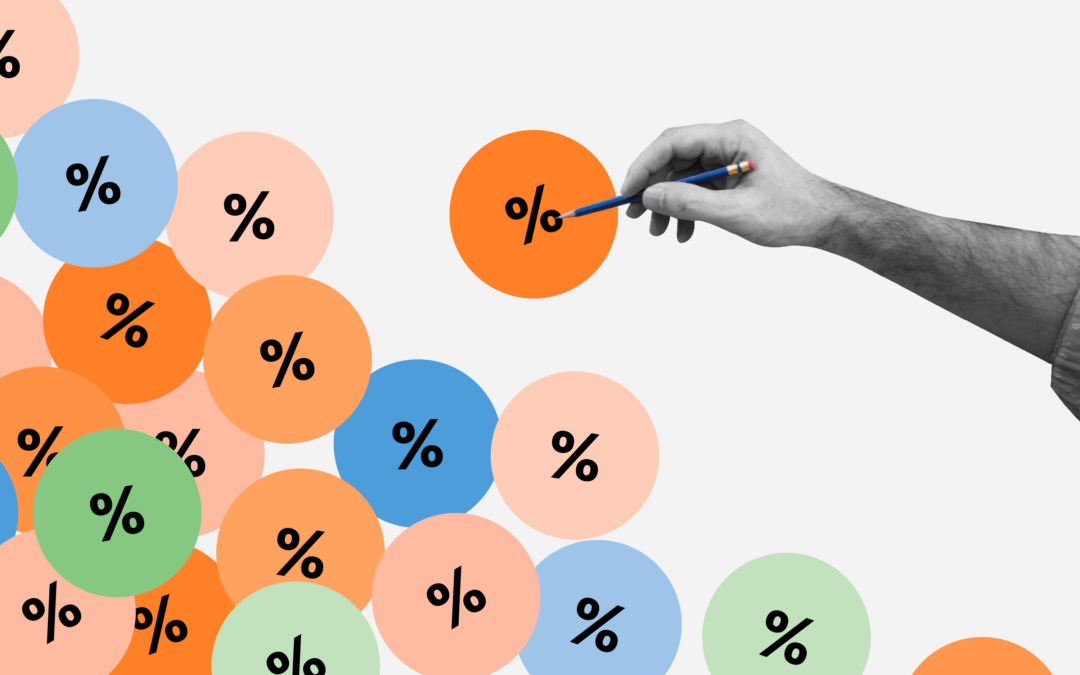The Egyptian Center for Public Opinion Research (Baseera) conducts regular polls regarding the Egyptian domestic scene. The latest iteration of the poll was published April 7, 2013.
Methodology
- The poll was conducted by phone, using a combination of landlines and mobiles.
- Response rate: 73%; sample size 2202; estimated margin of error 3%
- Poll was conducted on 27th and 28th March, 2013 (9 months into President Morsy’s term)
- Respondents were asked for age, education level and a measure of economic status.
The Raw Data
1. The President’s job approval rating
- Approve 47%
- Disapprove 45%
- Cannot assess 8%
- Approval among University or post-grad degree holders: 39%
- Approval among respondents with lower education level: 51%
2. If [Presidential] Elections were held tomorrow, would you vote for Mohammad Morsy?
- Yes: 37% No: 45%
- Don’t Know/Depending on the Alternatives: 18%
3. For those who would not elect President Morsy, respondents’ preferences were:
- Unable to name a candidate: 2/3 of respondents
- None of the current political figures are suitable: 4%
- *Ahmad Shafiq: 8%
- *Hamdeen Sabbahi: 3%
- *AbdelMoneim AbulFotouh: 2%
- *Amr Moussa: 1%
- Mohammad ElBaradei: 1%
- Gen Sisi or other Army figure: 3%
- Ex-President Hosni Mubarak: 1%
* denotes former Presidential candidates
The poll also asked respondents about the self-styled “National Salvation Front”. One third of respondents had not heard of the NSF. Of those that had, only 38% that it has performed average (27%) or well (11%).
Analysis
Methodology
Although the methodology is reasonably robust, there are a number of criticisms that may affect the validity of the data.
- Complete reliance on telephone contact as opposed to face to face polling. Although mobile phone penetration in Egypt was pegged at 113% in 2012, it is unclear whether people in certain demographic bands are equally likely to respond to a cold call. Nevertheless, Baseera has adopted this methodology throughout all previous polls and therefore internal comparisons are valid.
- The 73% response rate is acceptable, but it is unclear whether those are equally distributed demographically. More critically, there has been a significant decline in response rates over time. Polls conducted after 5 and 6 months in office both had response rates of 90%. At 7 months, the response rate plummeted to 76% and declining slightly to 74% at 8 months.
- It is unclear whether the sample demographics reflect the makeup of Egyptian society with respect to age, economic status and level of education.
Implications
The most significant finding of the poll is a general disillusionment with the political class. The President’s approval rating has declined, but not as significantly as the approval rating of other ex-presidential candidates. All of the ex-presidential candidates included the poll have had extensive media exposure throughout the period following the election and have remained as active participants in the political scene. All, with the exception of A Shafiq lead political parties.
| Candidate |
First Round Result (2nd round) |
Re-election Intentions |
Change |
| M Morsy |
25% (52%) |
37% |
1.4-fold decline* |
| A Shafiq |
24% (48%) |
8% (3.6%)** |
6-fold decline* |
| H Sabbahi |
21% |
3% (1.35%)** |
7-fold decline |
| A AbulFotouh |
17% |
2% (0.9%)** |
8.5-fold decline |
| A Moussa |
11% |
1% (0.45%)** |
11-fold decline |
| M ElBaradei |
– |
1% (0.45%)** |
– |
* Based on the second round results
** UPDATE – It was pointed out to me that the approval ratings for the various political figures were based on the 45% of people not planning to vote for the President. If so, the actual level of support in the total sample would be the number in brackets. The “decline” would be 2-fold worse.
The fact that 2/3rds of respondents cannot identify a suitable alternative for the Presidency despite the unprecedented proliferation of political leaders also supports the notion that there is a general disillusionment with politicians. The poll was not designed to explore the reasons for disapproving the performance of the President, but clues can be found in the trend over the past few months.
The largest decline in the approval rating of the President came in the aftermath of the November 2012 Constitutional Declaration. The President had an approval rating of 76-79% over the first 4 months. In one month, the approval rating plummeted 22 points (78% —>57%). Since then, the approval ratings have declined at a much slower rate (10 points over the subsequent 5 months). The last two approval ratings are within the margin of error.
Lastly, there was a significant uptick in support for the president at the 6 month point. Overall approval improved from 57% to 63% and re-voting intentions increased from 43% to 50%. The only significant event occurring between the 5 and 6 months marks was the conclusion of the referendum and the adoption of the Constitution. While the poll is not sufficiently granular to allow for firm conclusions, it would appear that completing the milestones of democratic transition enjoys wide-based support.

